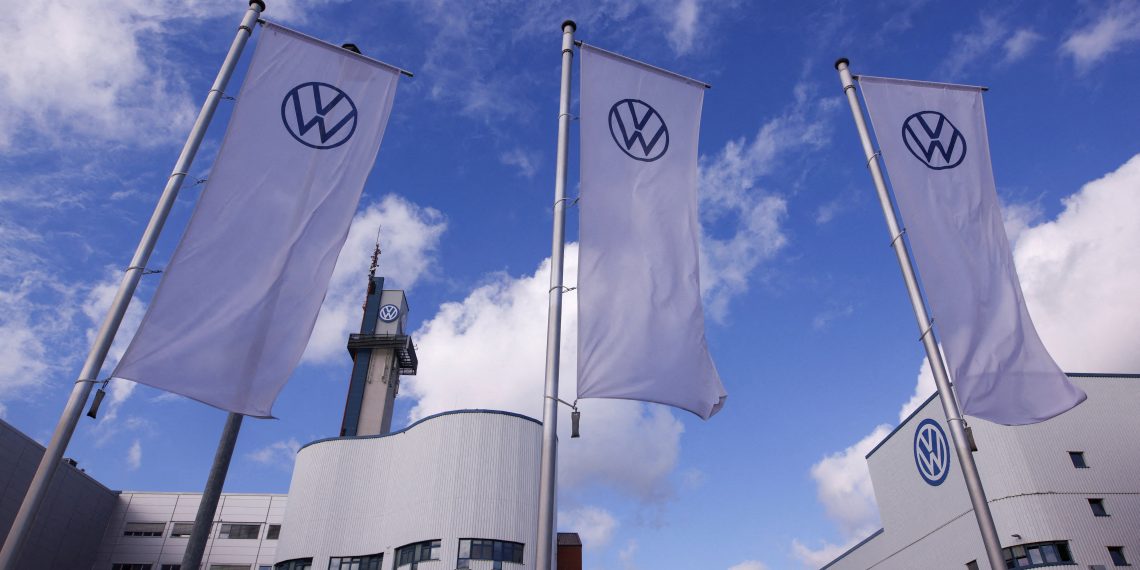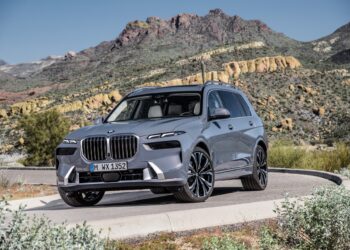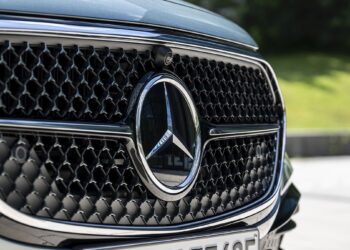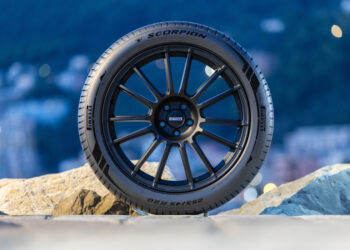The Volkswagen Group, one of the world’s automotive giants, is bracing for a massive €1.5 billion ($1.56 billion) fine as it struggles to meet the European Union’s stricter emissions standards for 2025. While the group has largely moved past its infamous Dieselgate scandal, this hefty penalty highlights the ongoing challenges automakers face in balancing profitability with sustainability.
EU Emissions Challenge: What’s at Stake?
The EU’s 2025 regulations demand a 15% reduction in CO2 emissions compared to 2021 levels, with a €95 ($98) penalty per gram of CO2 above the target—applied to every car sold. For a conglomerate like Volkswagen, which encompasses brands like VW, Audi, Porsche, and Skoda, the numbers add up quickly. This impending fine pales in comparison to the €31.3 billion ($32.7 billion) Dieselgate fiasco but still underscores the urgency for automakers to adapt.
How Did VW Get Here?
- Decline in EV and PHEV Sales: According to ACEA, Volkswagen Group’s electric vehicle (EV) deliveries fell 5.2% in 2024 to 447,900 units, while plug-in hybrid (PHEV) sales also declined across the EU.
- Stiff Competition: Other automakers are teaming up with Tesla and other green brands to meet emissions targets through credit pooling, a strategy Volkswagen has yet to fully leverage.
What Are VW’s Options?
Volkswagen has three primary paths to mitigate these fines:
- Increase EV Sales: Selling more pure electric and plug-in hybrid vehicles would lower fleet emissions, but slumping EV demand in Europe is a hurdle.
- Limit ICE Production: A drastic option, but one that automakers like Stellantis are considering, involves reducing the production of internal combustion engine (ICE) vehicles.
- Buy Emissions Credits: Joining alliances with Tesla or other green automakers could help Volkswagen meet fleet-wide targets. Rivals like Toyota, Stellantis, and Ford have already partnered with Tesla, while Mercedes collaborates with Volvo and Polestar.
Looming Challenges Beyond 2025
Volkswagen’s struggle to meet emissions targets is a sign of bigger battles ahead:
- 2030-2034: The EU will tighten fleet emissions standards further.
- 2035 Ban on ICEs: The sale of combustion-engine vehicles will be prohibited unless synthetic fuels (e-fuels) prove viable—a scenario currently viewed as unlikely.
Volkswagen’s Next Moves
To bolster its EV lineup and regain momentum, Volkswagen must focus on scaling EV production, expanding charging infrastructure, and leveraging financial partnerships to reduce emissions penalties. The company recently introduced front passenger screens and other innovations, hinting at a pivot toward premium and tech-forward EVs.
Whether these moves will be enough to stave off future fines and meet long-term EU goals remains uncertain. For now, the €1.5 billion penalty serves as a stark reminder of the cost of falling behind in the race toward zero emissions.










